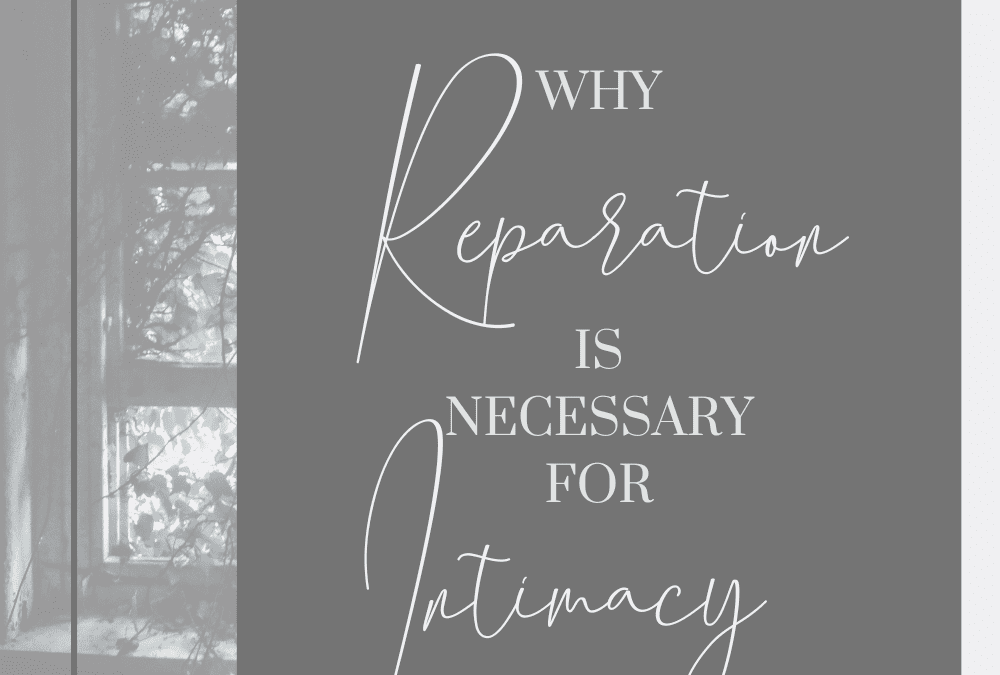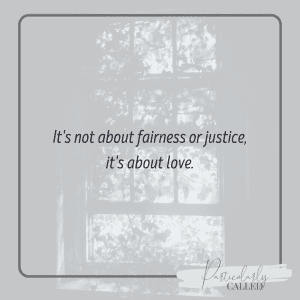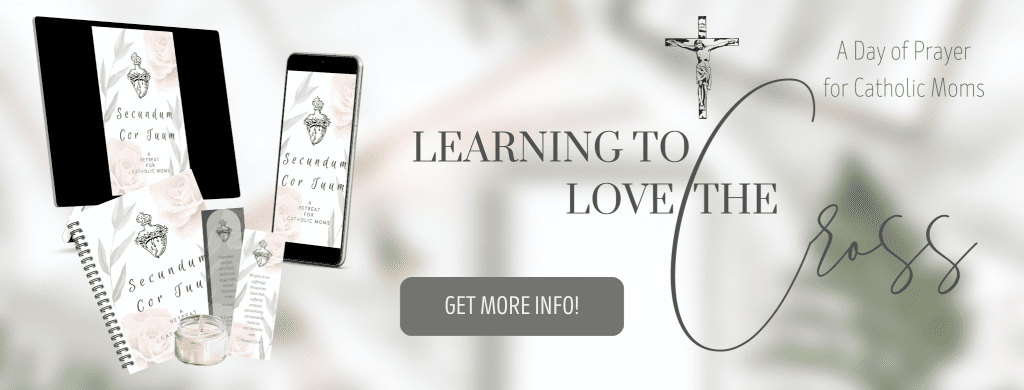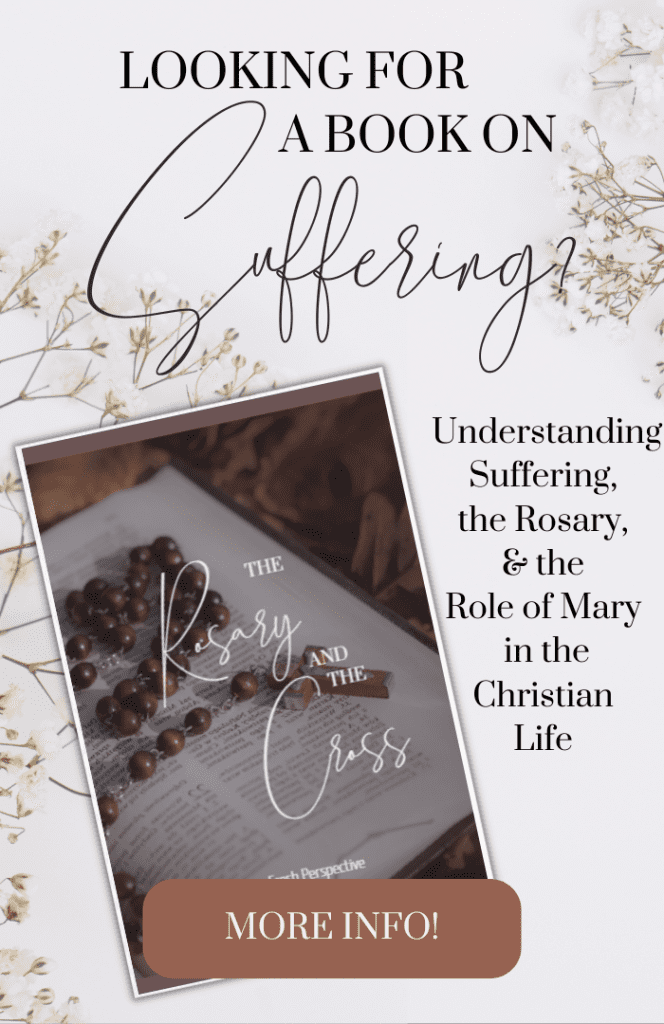“I’m sorry”
Two simple words with such deep layers of meaning…. and yet we toss them about flippantly, seldomly stopping to contemplate the other side. “I’m sorry”, has become synonymous with “Oops… aren’t I cute anyway? How can you stay mad at this face? Don’t you love me? Aren’t you supposed to forgive 70x7x? You’re too sensitive. It’s not that big of a deal. I’m only human. If you have a problem, that’s your problem. There’s only so much I can do, etc. etc. etc.” We keep apologizing for the same thing over and over and nothing ever changes… except that now the other party doesn’t believe us. They may forgive, but their walls are up. They may love us but why should they be open to us? Why should they continue to trust us if we think simply saying “sorry” makes everything better? Why should they make themselves constantly vulnerable to repeated and thoughtless pain?
In the early years of our marriage, I used to get angry with my husband for shutting down when I said “I’m sorry”. I wasn’t intentionally being flippant. I meant it. I just didn’t ever do anything about it, or even realize that I could. I wanted him to smile at me, to kiss and make up, to have everything magically go back to the way it was before.
But it didn’t.
As the years passed and he grew more guarded, I was beside myself. Where was the joy? The easy flow? The comraderie? The intimacy?
It took me at least 6 years of our relationship to realize that “sorry” was actually doing more damage than good in our marriage.
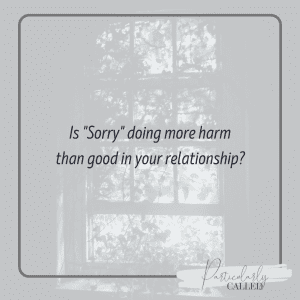
If I loved him, why did I keep doing the same hurtful things? If I was really sorry, why did the same scenarios keep happening? Didn’t I care enough to think? To notice that my actions affected him on a deep level? To make, rational, intentional, conscious choices that weren’t causing problems?
Eventually, I came to realize that my “I’m sorry” needed to go a lot deeper than mere words.

Words don’t fix actions. Only actions fix actions.
Once trust is broken, you can’t just say “sorry” to reestablish trust, we have to act trustworthily.
“I’m sorry” has to mean “I wish that had never happened”. It also has to mean that if I had the chance to go back and do it over, knowing what I know now, I would choose differently, AND if the scenario were to present itself again in the future, this matters enough to remember and choose differently then as well. But, not only that, but just to prove that I mean what I say, let me do x,y,z to make it up to you.
- Quick Caveat: Whatever you do to “make it up to” the other person needs to be relevant, pertinent, and valuable (to the recipient) which usually entails an element of costliness to the giver – so that it is actually meaningful to the receiver.
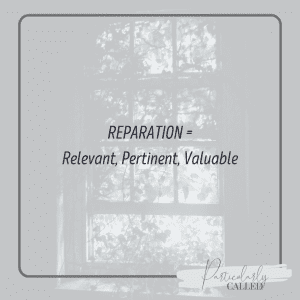
How to Make Reparation
This is one of those situations where you have to say to yourself, there’s really nothing I can do to fix someone else’s mistakes, however, if doing x, y, or z (any decision facing you in any given moment) could matter, would I do them? Some Examples:
- If living my vocation as well as possible could make up for the pain of someone else shirking their calling, would I do it?
- If saying this or that particular prayer, or spending these few moments in true, deep, and focused contemplation or conversation with God could make a difference for someone else, would I do it?
- If making this simple act of mortification could help someone with no self-discipline, would I do it?
- If this simple fast or moment of fasting could make a difference for those who struggle with overindulgence or do not understand the value of fasting, would I do it?
This is the concept of “Reparation”.
It means you can’t just apologize for what is broken, you must also be willing to fix it. Sure, the other person can “forgive” you, but if you broke something, forgiveness alone doesn’t make anything whole again. There must be an effort at reparation, or else there is still damage done to the relationship – regardless of how “terrible” the parties feel about it.
Feelings Don’t Fix Problems – Actions do.

A hurting heart is defensive, it hides.
Fueled by the instinct of self-preservation, it can love and forgive without still having to keep putting itself out there to continue to be mistreated further. A heart whose trust has been broken in love yearns for reason to trust again, but why do so if no reason has been provided?
Examine me, O Lord, and try me; Test my mind and my heart. – Psalm 26:2
Have you ever considered WHY we have to seek God?
Why does He hide from us?
Have we ever considered that He may not be able to trust us with His heart? Why does He desire that we pursue Him? Because it proves that we are interested in Him, rather than all the other stuff (ie. miracles, “blessings”, comfort, food, etc. Note: Christ before Herod’s court in Luke 23:8-9,11 and Jesus’ comment how the crowds only follow Him because they ate the loaves and were filled – John 6:26).
“Reparation” is where we finally begin to recognize that God loves us enough to where the actions we choose affect His Heart.
If we choose Him, He is delighted and moves closer to us, but if we choose against Him He is pained with disappointment and unrequited longing. We are finally about to begin repairing the damage we have done to His ardent heart only after we recognize that our actions have the power to pain Him… so much does He love us. Our reparation is the proof of our sorrow, our metanoia, our transformation. It is our recognition of this incredible truth and our desire to do something about it.

What about Reparation for others??
This can only begin after our own reparation is complete, or at least well under way. Once God can trust us, once He can believe in the love we have for Him because it has been proven in actions, then we become like the beloved disciple and can lean back against His Sacred Heart and help assuage the pain of the betrayal of others. In a sense, maintaining His faith in humanity because there is at least 1 faithful soul (think of Abraham’s prayer for the city of Sodom in Genesis 18:16-33)
The “beloved disciple” was the only who didn’t betray Him, the one who didn’t run from the Cross, the one who stayed. John never made grandiose proclamations of love, but also never had to apologize because his love was constant in his actions.
Reparation is crucial for intimacy because it says I love You in deeds, rather than words. “Talk is cheap” they say. It doesn’t cost much to proclaim to the four winds our undying affection (like Peter), but it matters to stay at the foot of the Cross and not to deny your relation to this Man.
Christ knew that Peter loved Him. He knew that Peter was sincere but weak. He is generous with His second chances. But, at the beach that morning (John 21) He did not ask Peter for an apology. He did not demand words in exchange for Peter’s three-fold betrayal, instead, He thrice demanded action. “Peter, do you love me? … Feed my sheep”
Just as He says to us:
If you love me, keep my commandments – John 14:15.
Why should I/you have to “make reparation” for other people’s sin?
You’re right, it is not “fair” that those of us who have discovered this truth must “make reparation” for those who have not.
But this is not about fairness or justice, it’s about love. We draw near to His heart so that we can bring to Him the people that are on our own hearts, that He may be touched by our self-offering in their stead that He may look upon them again with a renewed softness and hope, that He may choose once more to bare His heart to them in the hopes that they will feel the fire of His love and be drawn to its warmth.
This is why reparation is so important for intimacy. Because forgiveness is possible without intimacy.
We can toss around “I’m sorry” and expect mercy all we want while staying stuck in the same cycle of mistakes over and over again, but we will never experience intimacy until something much deeper shifts within us and our hearts are moved to action in our remorse.
Oh my God, give me enough love to renew your faith in humanity. Let me be a soul that is balm to your hurting Heart, only give me the grace to do it well.
